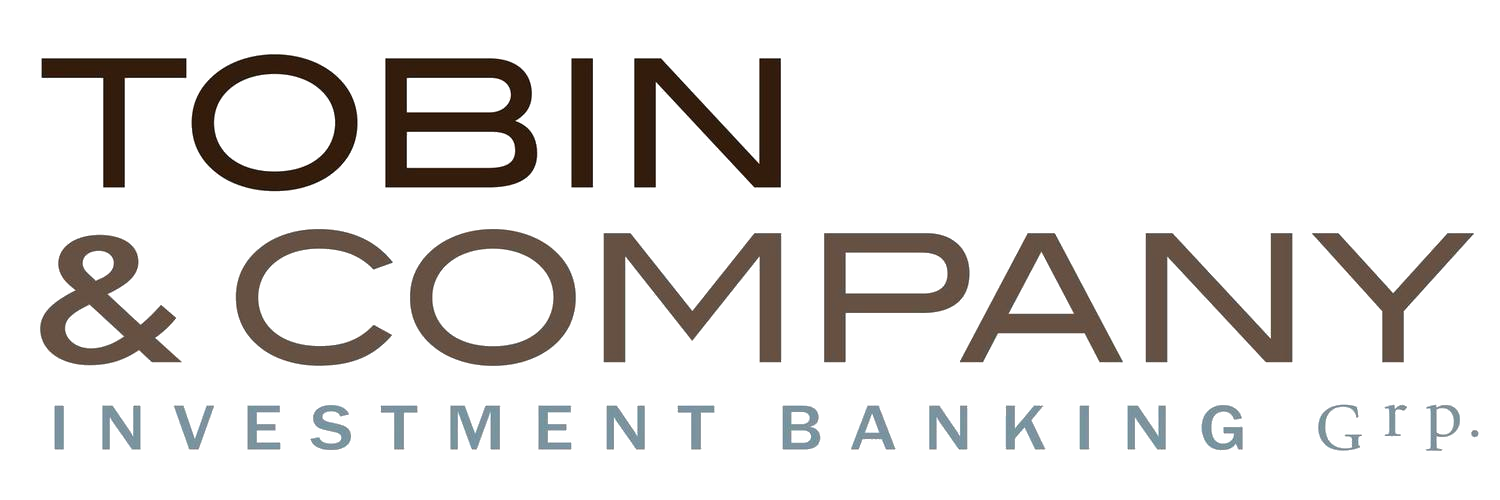Regulation D offers an avenue for securities issuers to raise funds without registering with state securities agencies or with the Securities and Exchange Commission (SEC). Registering with the SEC can be a time-consuming and costly process. Regulation D provides private companies with a cost-effective means of raising outside capital.
Two Options Under Regulation D: Rule 506(b) and Rule 506(c)
The most popular options for Reg D offerings fall under Rule 506(b) or the Rule 506(c). Both options have advantages and disadvantages for issuers, but neither imposes limits on the amount of capital raised nor the amount a single investor may invest.
Rule 506(b) allows issuers to accept funds from an unlimited number of self-accredited investors and up to 35 non-accredited investors. Under 506(b), issuers are prohibited from engaging in general solicitation as well as from advertising to promote their offering. So, 506(b) is more suitable for fund raisers and companies with established, robust “pre-existing and substantive relationships” with many accredited invesÂtors.
In contrast, Rule 506(c) permits issuers to advertise their offerings and solicit any investor whom they believe to be accredited, as long as they take “reasonable steps” to verify investors’ accreditation status through a third-party accreditation process. The process of verifying investor accreditation, which requires extensive documentation, can become time consuming and annoying to your investors. While 506(c) allows issuers to broadly solicit investors through advertising and less restricted promotion, it does increase the time and effort required of your investors.
Which Option is Best for You?
Choosing between Rule 506(b) and Rule 506(c) depends on your unique circumstances. If you already have a large investor base with whom you have established pre-existing and substantive relationships and you don’t need to broadly solicit and promote to achieve your funding goal, 506(b) may be your best option.
At Tobin & Company we have several clients who prefer to use 506(b) offerings because they are sensitive to their investors who don’t want to go through a third-party accreditation process. Some of these investors feel that the required 506(b) “due diligence” process is already too invasive, preferring that their privacy not be further invaded by a third-party accreditation process. However, the issuer must be careful and ensure that the offering is not publicly promoted nor accessible to the general public.
On the other hand, if you have the resources to heavily promote and to undertake the necessary “reasonable steps” to verify investors, SEC Rule 506(c) could be the better choice as it allows you to solicit a wider range of investors, including investors with whom you have not had a previous relationship, potentially increasing the scope of your funding. We have several clients who deploy only Rule 506(c) when raising capital because they always want to expand their pool of new investors and don’t want to limit their sales process. They also believe that the SEC’s ever-expanding definition of an accredited investor is making the accreditation process easier for investors and themselves.
If you are planning a private capital raise and would like an assessment regarding which Regulation D option to pursue, call us. We will listen to you and provide our expert guidance based on your situation.
Warm regards,

Justine Tobin
(704) 334-2772



















